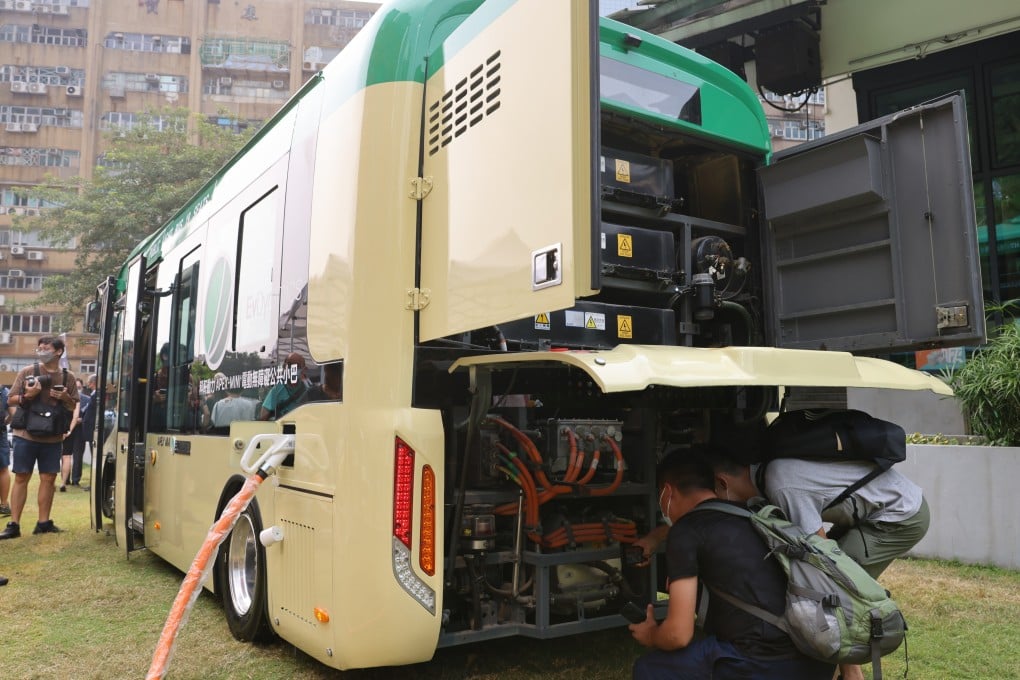Advertisement
Letters | How Hong Kong can get more electric buses on the road
- Readers discuss the transition to green transport, whether street art has a place in the city, and the importance of sunset clauses in pandemic legislation
Reading Time:3 minutes
Why you can trust SCMP
0

Feel strongly about these letters, or any other aspects of the news? Share your views by emailing us your Letter to the Editor at letters@scmp.com or filling in this Google form. Submissions should not exceed 400 words, and must include your full name and address, plus a phone number for verification.
As Hong Kong promotes green transport, the electric vehicle industry, including Hong Kong International Electric Vehicles (Holdings) Limited, has been dedicated to investing in and introducing electric buses tailored to the city.
Ahead of the upcoming policy address, we would like to make recommendations for the development of commercial electric vehicles.
Historically, efforts to increase charging infrastructure have focused on private electric cars, with little emphasis on commercial vehicles. The current approach of subsidising vehicle owners who install chargers is also proving insufficient.
The government should engage experienced operators as consultants to address the industry’s needs and provide economically viable solutions for commercial electric vehicle users.
The shortage of charging facilities, and attendant issues such as land availability and inadequate power supply, pose significant challenges. Electric buses that need to return to dedicated charging stations to recharge will impact operational efficiency, increase costs and impede the transition to green vehicles.
Advertisement